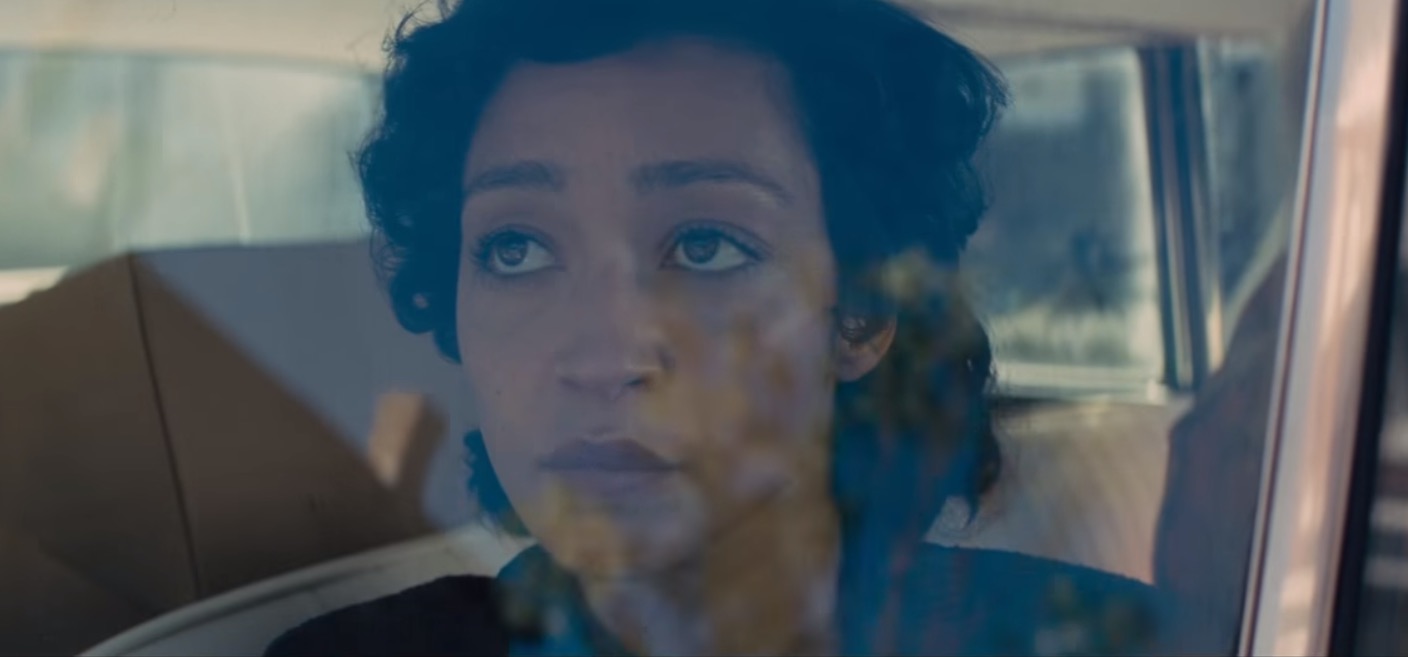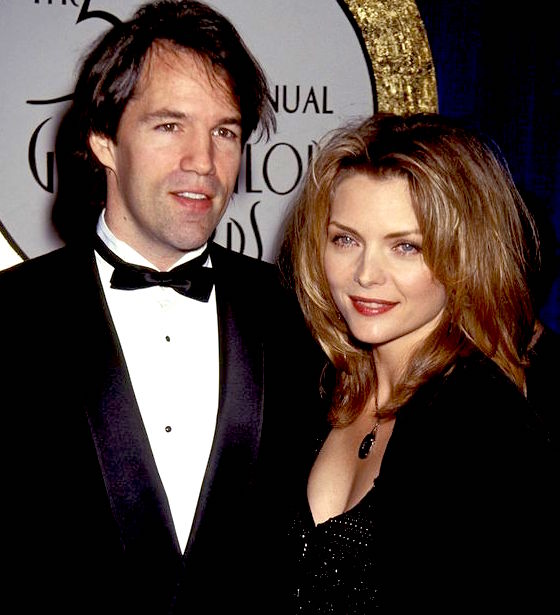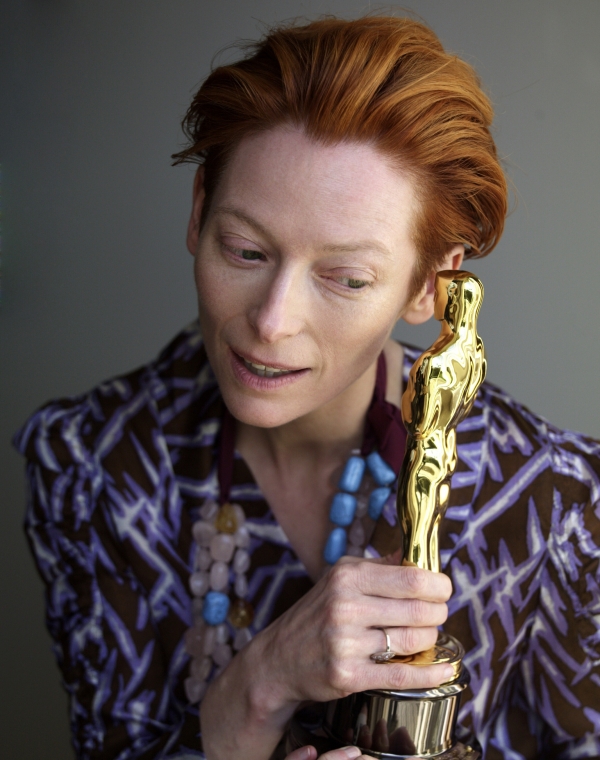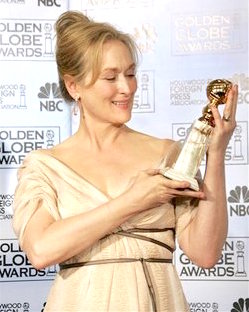Min-hee Kim's Secrets and Lies in "The Handmaiden"
 Wednesday, November 16, 2016 at 3:00PM
Wednesday, November 16, 2016 at 3:00PM by Chris Feil
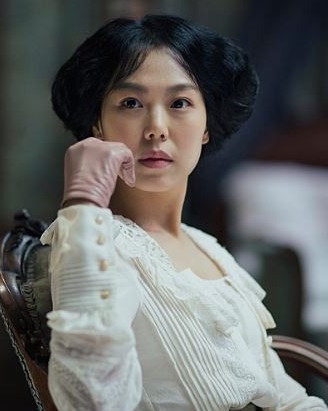 Much of the praise for Park Chan-Wook's The Handmaiden has favored the director's twisted vision, the sumptuous design elements, or its grinning audacity. Sure the film is as immaculately crafted as all that talk has promised, but there one thrilling puzzle inside the film worthy of equal regard is the lead performance by Min-hee Kim.
Much of the praise for Park Chan-Wook's The Handmaiden has favored the director's twisted vision, the sumptuous design elements, or its grinning audacity. Sure the film is as immaculately crafted as all that talk has promised, but there one thrilling puzzle inside the film worthy of equal regard is the lead performance by Min-hee Kim.
For a film as plotty and opulent as The Handmaiden, you can understand how any performance might not be the first takeaway. But believability of the narrative's many twists falls largely on Kim's coolly dexterous shoulders...



